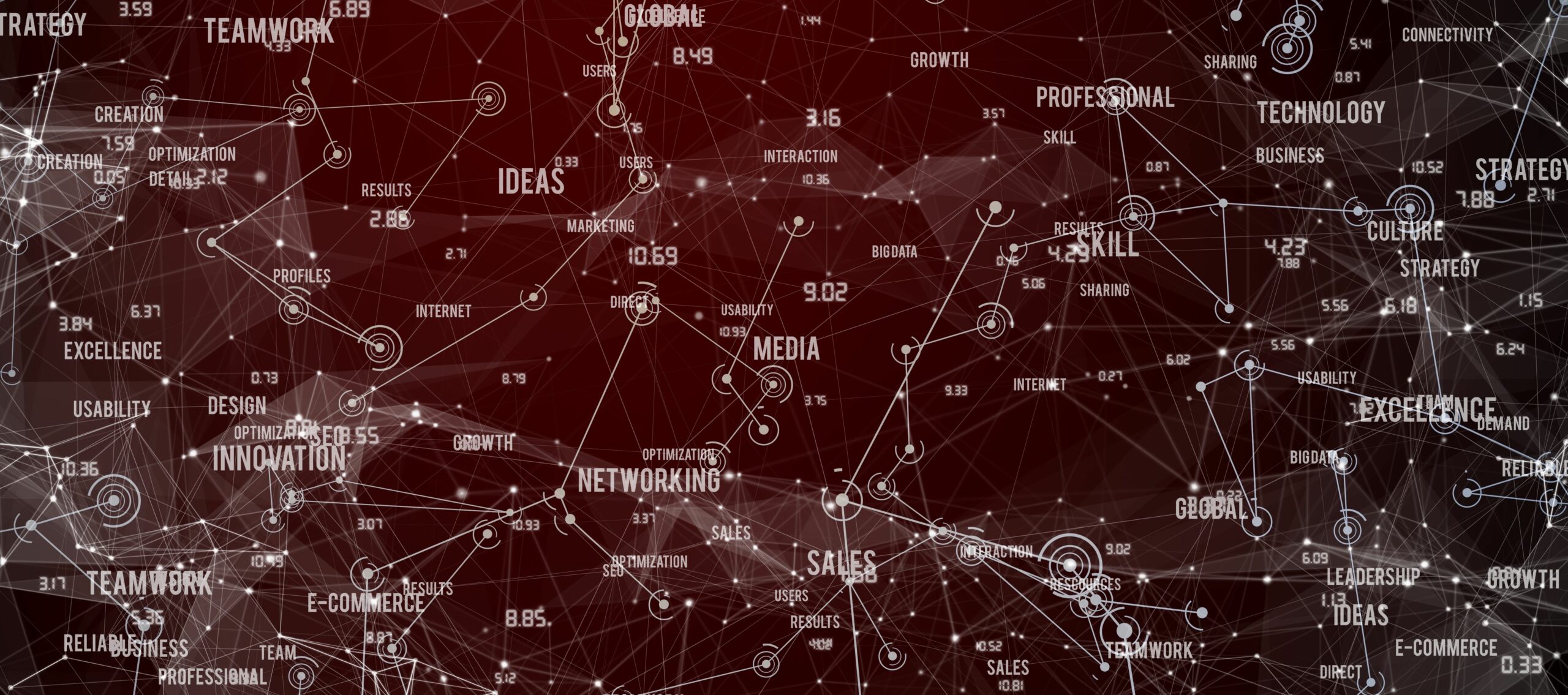
Skills rooted in creativity, critical thinking and human interaction are likely to see new life in the age of automation and artificial intelligence.
by Frank Kalman
February 23, 2017
Had it not been for a brief sickness my freshman year of college, you very well might not be reading this column right now.
Let me explain. In 2006, I was in my second semester at Indiana University. Like most big universities, the first year mostly consisted of basic courses every student takes along with a few prerequisites associated with different majors. I entered college largely undecided on a major, but as freshman year went along, it appeared as if I was going to join many of my friends and take the prerequisites to enter Indiana’s Kelley School of Business, regarded as one of the top business schools in the country.
All was fine and well on track until I came down with mono about halfway through my second semester — right as I was about to enroll in a rigorous, half-semester introduction to accounting course that many healthy and functioning students often had to retake because they failed the first time through.
Wanting to finish out the semester despite my monthslong illness, I did my best through all my coursework, even though I could hardly drag myself to classes and keep my energy up to study. I persevered — and promptly failed intro to accounting. Literally. A big fat “F.” It’s still on my transcript. I never retook the class. By that time, I’d decided business school wasn’t for me. Instead, I decided to become a history major, an admittedly directionless track that was part of Indiana’s School of Liberal Arts.
If it hadn’t been for mono, maybe I wouldn’t have failed that accounting class, convinced myself business wasn’t for me and pursued a career in the liberal arts — ultimately, journalism. Maybe, had things gone a bit differently, I would’ve completed business school and gone on to a career in business. Maybe I still will. Maybe I would’ve become an accountant.
In recent years I’ve often wondered if forgoing a harder specialty in business — like in finance or accounting — was a wise professional choice. My journalism career has been rewarding, to be sure, but it’s always been fun to think about alternatives, especially as careers in science, tech, engineering and mathematics are overwhelmingly recommended to students as the most secure fields in today’s economy. This thinking has been fueled by broader discussions around evaluating the value of a liberal arts degree. As more and more fields demand hard skills in engineering, math and science thanks to the continued acceleration of computing power, discounting the value of a liberal arts background seemed like a valid point a few years ago.
Nowadays, however, I’m not so sure. Today, as automation becomes more widespread, it’s safe to wonder if skills rooted in the liberal arts are poised to take on new life. As more routine, computational tasks are automated — even in accounting and finance, as well as computer programming — suddenly people whose skills are rooted in liberal arts are equipped with the knowledge and ability to properly complement automation and artificial intelligence.
I’m not alone on this. In a recent Bloomberg interview, fellow Indiana grad and billionaire businessman Mark Cuban offered a bleak prediction on the future of jobs as robots takeover in the age of automation. When asked by Bloomberg’s Cory Johnson what skill areas workers are going to have to learn to excel in this environment, assuming finance or software programming would be part of the answer, Cuban cut him short:
“No finance. That’s the easiest thing — you just take the data have it spit out whatever you need. I personally think there’s going to be a greater demand in 10 years for liberal arts majors than there were for programming majors and maybe even engineering, because when the data is all being spit out for you, options are being spit out for you, you need a different perspective in order to have a different view of the data. And so having someone who is more of a freer thinker.”
Specifically, Cuban pointed to English, philosophy and foreign language majors as those that are poised to succeed in the future labor market. I imagine other liberal arts degrees are equally as likely to provide the “soft skills” needed in this future environment.
Now, does this mean that anyone with a background in computer science, programming, math or finance and accounting, to name a few, will be rendered obsolete? Cuban’s comments appear to suggest this. But I don’t think this is the case.
The need to understand what makes AI-enabled software and systems possible will still be prevalent. A more nuanced take, as others have written, is to suggest that liberal arts majors are primed to meld their backgrounds as they learn new technical skills like computer programming — something that is becoming easier through low-cost, online learning platforms.
The point for leaders thinking about the makeup of their future workforces is to perhaps reconsider the value those with liberal arts backgrounds can bring to their organizations. Don’t ignore liberal arts in favor of established talent with heavy technical backgrounds, or discount majors like English or philosophy when conducting on-campus recruiting for technical roles. Embrace and train them. The results may be surprising.
As for my personal professional prospects in light of my career-shifting sickness early in college, well, I’ll have to wait and see how that pans out. To this point, it’s worked out well. But that doesn’t mean I won’t have to continue to learn new skills as I go. Maybe I’ll embark on a second career in accounting. You never know.
Frank Kalman is Talent Economy’s managing editor.




